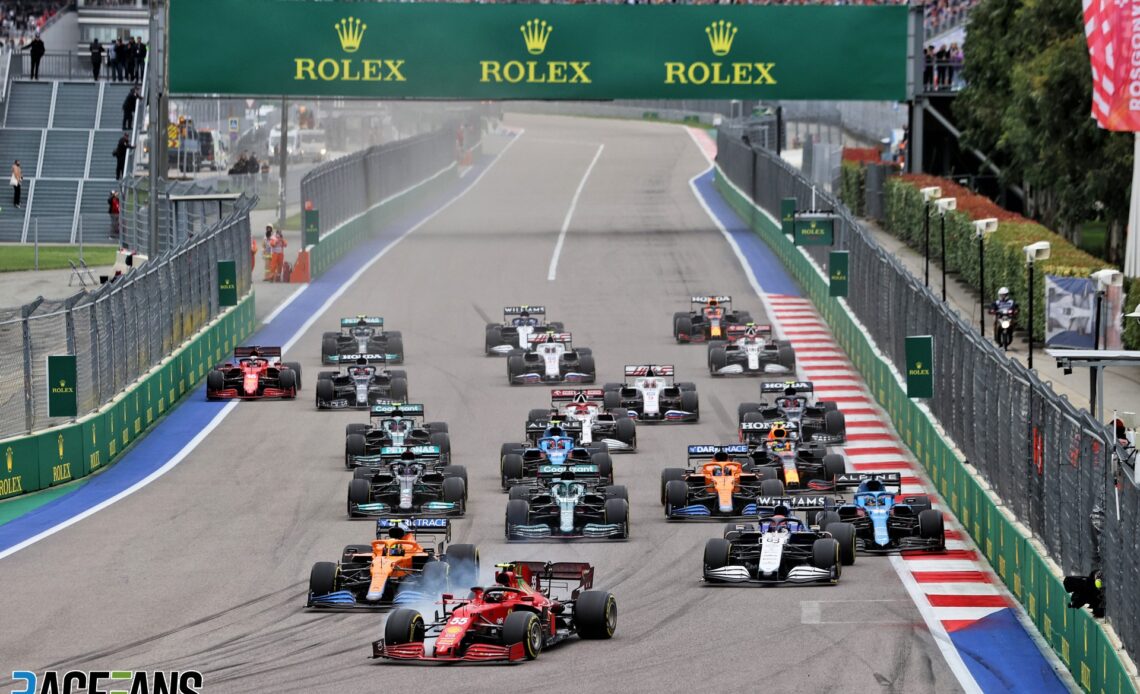Russia’s invasion of Ukraine had immediate repercussions for the Formula 1 calendar. The day after Vladimir Putin sent his tanks in, F1 announced its race at Sochi Autodrom was off.
Within a week, F1 had gone even further, terminating its contract to hold future races in Russia.
This was undoubtedly the correct course of action. But it came at a cost. Russia is believed to pay among one of the highest race hosting fees, which form one of the key pillars of F1’s income.
Nonetheless F1 CEO Stefano Domenicali was confident a replacement would be found with little difficulty. After all, F1 has just been through two years of the Covid-19 pandemic during which time many replacement events had to be put on at short notice.
“We have already proven in the last couple of years to be very flexible and not to have any problem in finding possible solutions to that,” said Domenicali. “So I can just confirm that could be an option for this year with no problem at all.”
On the face of it, that makes today’s announcement that the race will not be replaced something of a surprise. But the wider consequences of the war are partly why no replacement has been chosen.
F1 teams are no different to many businesses worldwide in that they are feeling the pressure of rising costs. This is partly rooted in the increased price of fuel, a consequence of the war, and has a particularly significant impact on freight costs.
Teams were, therefore, keen to ensure that any replacement for the Russian race did not detract from the sport’s income, as Guenther Steiner explained when asked by RaceFans last month.
Advert | Become a RaceFans supporter and
“It depends on how much the new race brings to the bottom line of the budget and that is in the hands of F1,” he said. “For sure they’ll make sure that we are not going to race just to go to a race.
“Especially with the higher costs of transport and things like this. F1 will make sure that we go to place and the fee is…

